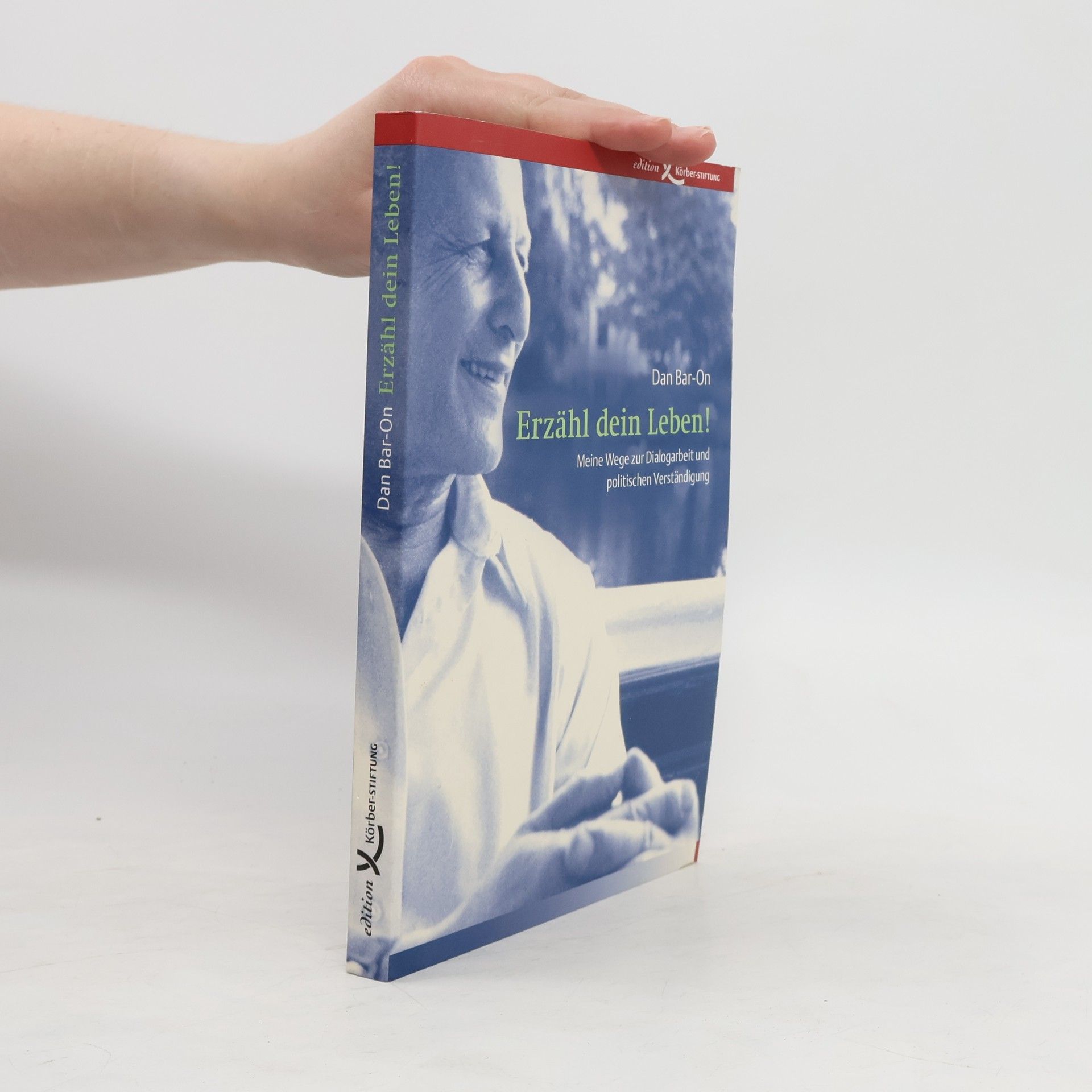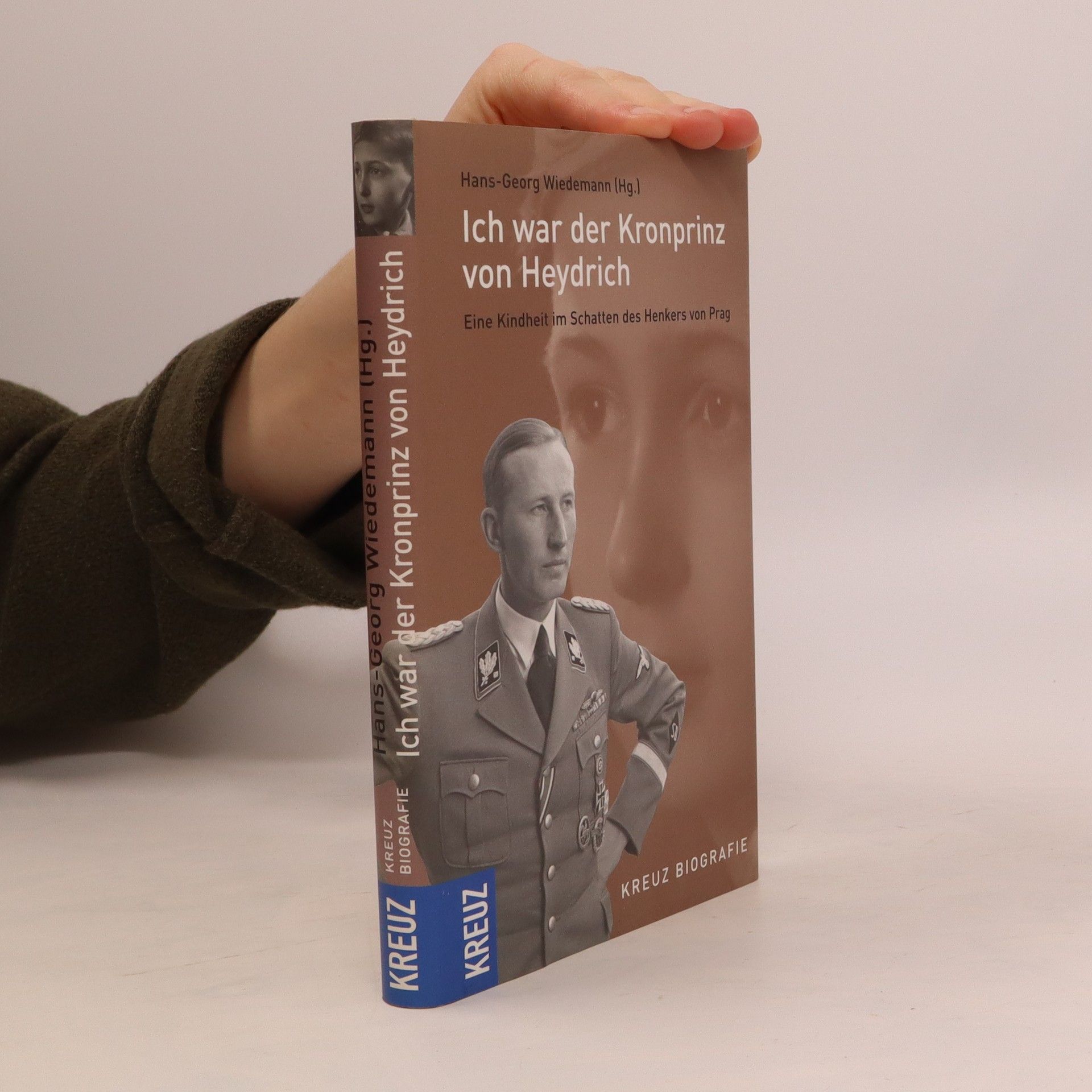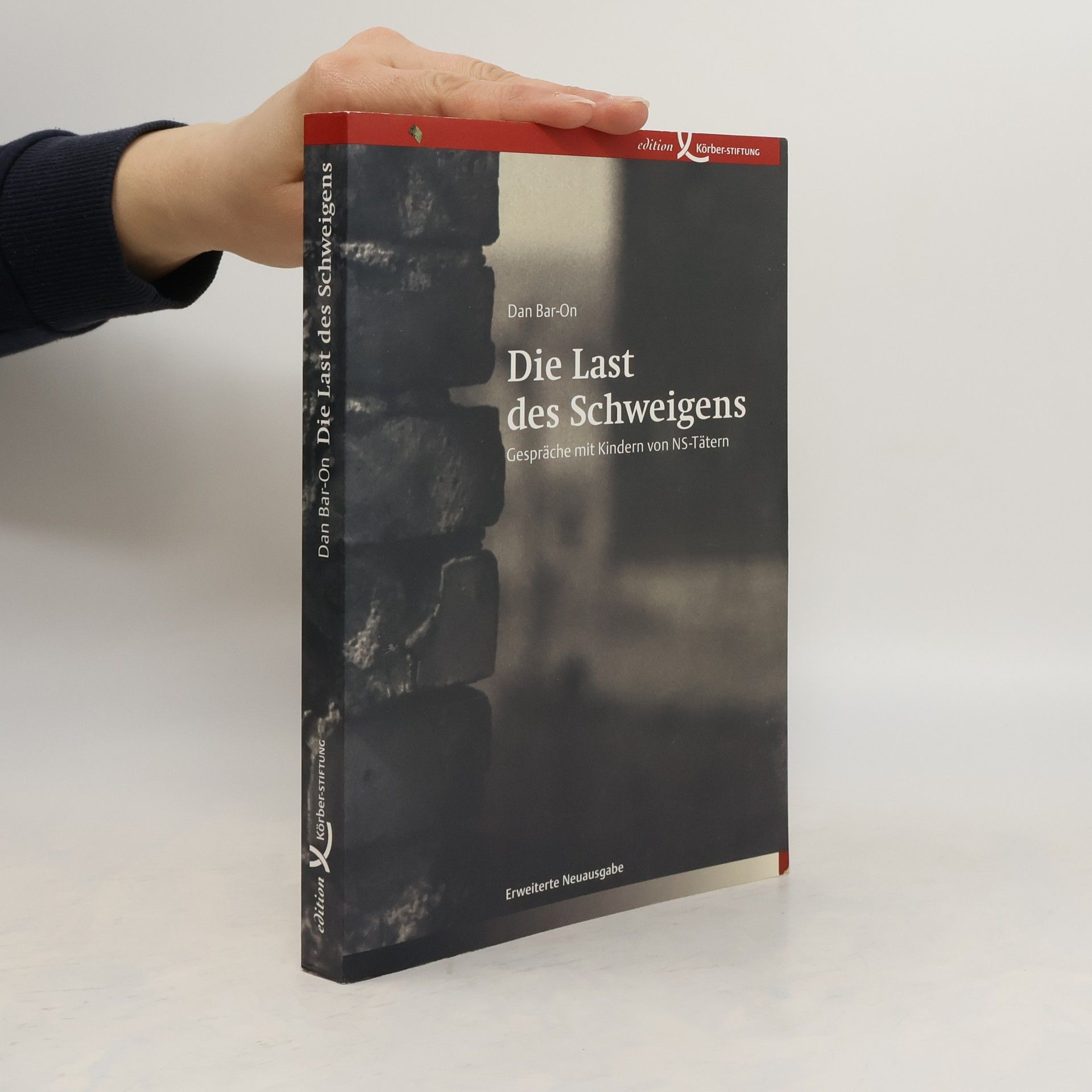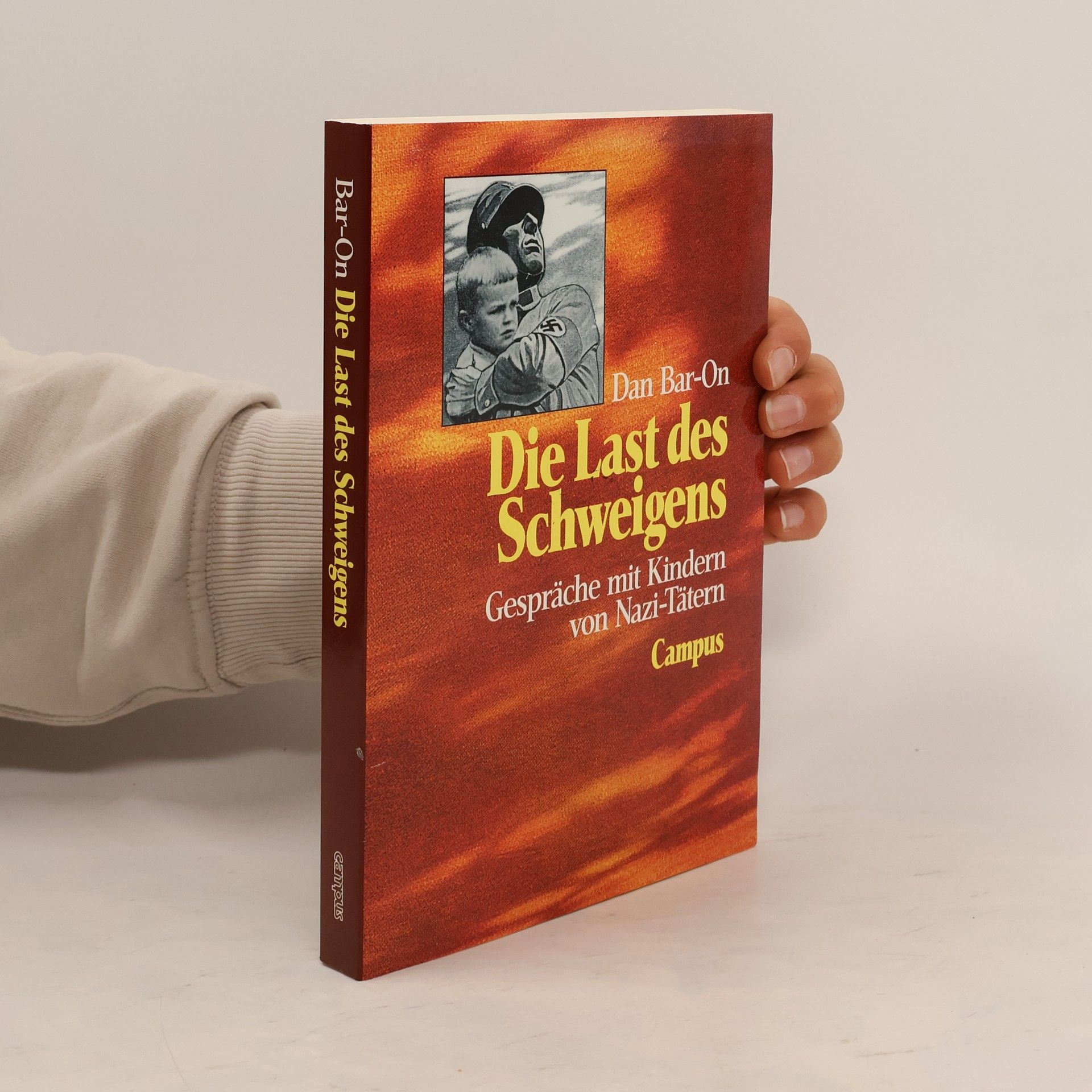The Very, Very Far North
- 288pages
- 11 heures de lecture
“Wonderfully follows in the tradition of A. A. Milne’s Winnie the Pooh stories...Endearing...Will win over young readers in a heartbeat.” —Booklist (starred review) “Quirky and imaginative—postmodern storytelling at its best.” —Kirkus Reviews An inquisitive polar bear named Duane befriends an array of animals as he discovers where he belongs in this charming classic-in-the making. In the Very, Very Far North, past the Cold, Cold Ocean and just below the hill that looks like a baby whale, you’ll find Duane and his friends. Duane is a sweet and curious young bear who makes friends with everyone he meets—whether they’re bossy, like Major Puff the puffin, or a bit vain, like Handsome the musk ox, or very, very shy, like Boo the caribou. For these arctic friends, every day is a new adventure!






